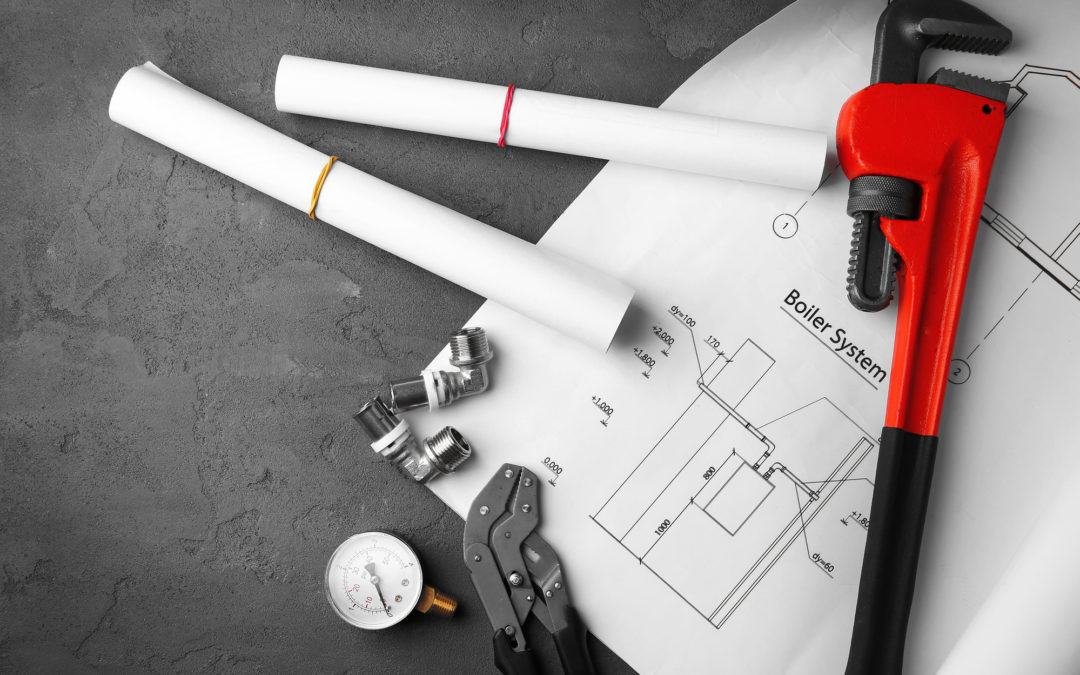
by Brandon | Jul 14, 2023 | News
With more homeowners becoming energy-conscious and eco-friendly, the demand for tankless water heaters has risen in recent years. Tankless water heaters, also known as on-demand water heaters, are more energy-efficient, cost less to operate, and take up less space than traditional water heaters. However, as with any technology, there are both benefits and drawbacks to consider before deciding whether to switch to a tankless water heater.
Benefits of Tankless Water Heaters
1. Energy Efficiency
One of the biggest advantages of tankless water heaters is their energy efficiency. Traditional water heaters store hot water in a tank, which means that they have to constantly heat that water, even when it’s not needed. Tankless water heaters, on the other hand, only heat water when you need it. This means that you’re not wasting energy heating water you’re not using, which can save you money on your energy bills in the long run.
2. Cost Savings
Due to the energy efficiency of tankless water heaters, they can save homeowners money on their energy bills. Since tankless heaters only heat water when it’s needed, they use less energy than traditional water heaters. Although tankless heaters have a higher upfront cost, they have a lifespan of up to 20 years, which is longer than traditional heaters. This means that, over time, the savings on energy bills can offset the initial investment.
3. Space Savings
Traditional water heaters take up a lot of space, often requiring a dedicated closet or basement area for installation. Tankless water heaters, however, are much smaller and can be installed in almost any location. This is especially useful for homeowners with limited space or who want a tankless water heater installed in a specific location.
4. Endless Hot Water Supply
Because tankless water heaters heat water on demand, they provide an endless supply of hot water. Traditional water heaters have a storage capacity, which means that once the hot water runs out, you have to wait for the tank to refill and reheat. With a tankless water heater, you won’t run out of hot water during your shower or while doing laundry or dishes.
Drawbacks of Tankless Water Heaters
1. Upfront Cost
Tankless water heaters cost more upfront than traditional water heaters. In addition to the unit costs, you may need to pay for the installation of additional piping or electrical work. This can be a significant initial investment that some homeowners may not be prepared for.
2. Limited Water Flow
Tankless water heaters have a limited water flow rate, which means that they may struggle to supply enough hot water for larger households or during times of high demand (such as when multiple faucets are being used at the same time). In these situations, homeowners may need to install multiple tankless water heaters or consider a traditional water heater with a larger storage capacity.
3. Maintenance
Like any water heater, tankless water heaters require maintenance to keep them operating properly. They may require more frequent maintenance checks than traditional water heaters due to their more complex design. Homeowners should be prepared to perform the necessary maintenance or hire a professional.
4. Initial Learning Curve
Using a tankless water heater may require an adjustment period for homeowners. Since the hot water supply is on-demand, there may be a slight delay from the time the faucet is turned on to when the hot water starts flowing. This may take some getting used to and may require some modifications to daily routines.
Conclusion
Tankless water heaters offer many benefits, including energy efficiency, cost savings, space savings, and an endless hot water supply. However, they also come with some drawbacks, including a higher upfront cost, limited water flow, maintenance requirements, and an initial learning curve. Before deciding whether to switch to a tankless water heater, homeowners should consider their household size and hot water usage, the frequency of maintenance required, and the costs involved. Choosing the right type of water heater for your home can be a significant investment, but one that can save you money and allow for a more eco-friendly and efficient lifestyle. If you’re interested in learning more about tankless water heaters or other plumbing services for your home, contact Ace Plumbing Repair at (844) 711-1590 or visit our website at aceplumbingrepair.com.
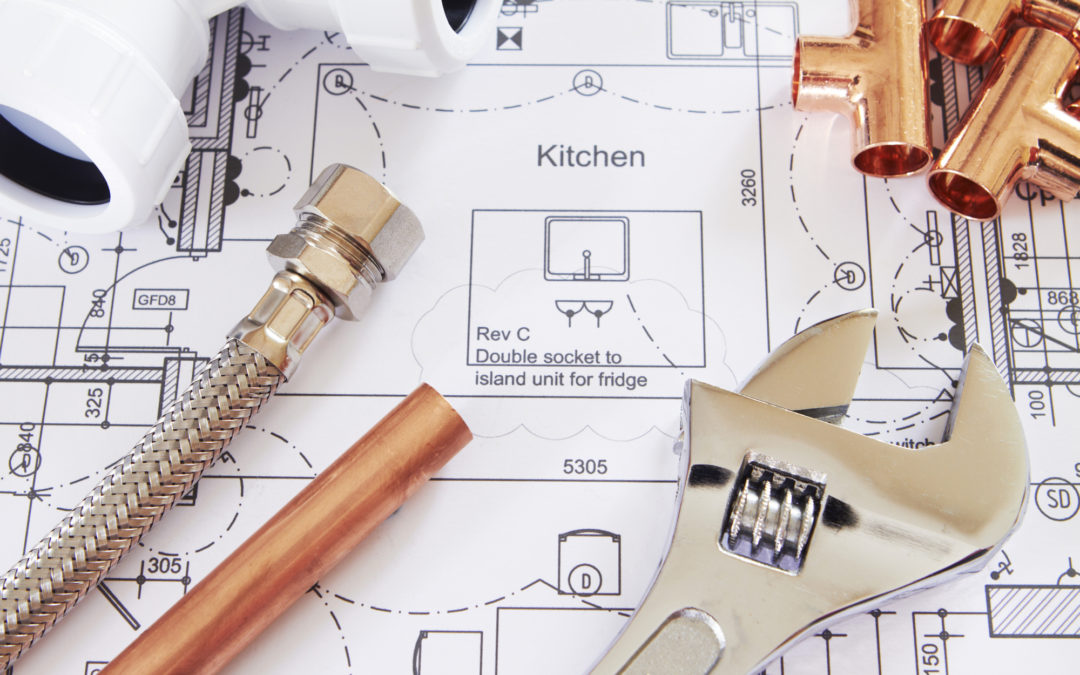
by Brandon | Jul 14, 2023 | News
Tools are one of the most important essentials for any professional, but it’s especially true for plumbers. Plumbers must have the right tools for the job to be able to effectively tackle any job thrown their way. Without the right tools, even the simplest of plumbing tasks become very challenging and frustrating.
A new research report has revealed some interesting findings on the tools that most plumbers use, and how much they spend on them each year. According to the study, plumbers spend an average of £583 on tools every year.
The figures came from a poll conducted by the Plumbing and Heating Supplies Alliance (PHSA), which surveyed 1,500 plumbers across the UK.
The poll also found that nearly half of all plumbers buy new tools at least once a month, while a quarter buy new tools every week.
Perhaps unsurprisingly, the survey found that power tools were the most popular type of tool among plumbers, with drills and impact drivers being the most commonly used.
Interestingly, the research also found that plumbers were more likely to buy their tools online rather than in-store. In fact, 60% of plumbers surveyed said they buy their tools from online retailers, compared to just 34% who buy from local stores.
So, why do plumbers spend so much on tools? And why do they prefer to buy online?
One reason plumbers may spend so much on tools is that they need high-quality equipment that will last. Plumbing is tough work, and tools can take a lot of abuse. Equipment that isn’t up to the job can break down quickly or simply not function as intended. In the long run, buying high-quality equipment can save money.
As for why plumbers prefer to buy online, the answer is simple: convenience. Buying online means plumbers can get the tools they need quickly and easily, without having to leave the job site or spend time searching for the right tool at a local store. Online shopping also means plumbers can compare prices more easily and find the best deals.
So, what are some essential tools that every plumber should have in their toolkit? Here are a few suggestions:
1. Pipe wrenches: Pipe wrenches are among the most crucial tools for plumbers. They are used to tighten and loosen pipes, and are essential for fixing leaks.
2. Pliers: Pliers are another must-have tool for plumbers. They can be used to grip and hold small items, tighten fittings, and even cut through metal.
3. Teflon tape: Teflon tape is used to seal threaded connections. It’s an inexpensive but essential tool that every plumber needs in their toolkit.
4. Drain cleaning equipment: Clogs are a common problem for homeowners, and plumbers need the right equipment to clear them. Drain snakes and augers are essential tools for clearing clogs and maintaining pipes.
5. Pipe cutters: Cutting pipes is a common task for plumbers, and pipe cutters make the job quick and easy. A good pipe cutter will make clean, precise cuts in pipes of all sizes.
When it comes to choosing tools, plumbers should also consider the quality of the products they buy to ensure that they last through many uses. Investing in high-quality tools upfront can save money in the long run by reducing the need for replacement tools.
In conclusion, the results of the research study conducted by PHSA show that plumbers spend a significant amount of money every year on tools. This is because they require specialized equipment to complete their job effectively. Power tools, pipe wrenches, pliers, Teflon tape, drain snakes and augers, and pipe cutters are some essential tools that every plumber must-have. Moreover, most plumbers prefer to purchase their tools online for convenience and price comparison purposes. So, for any plumbing emergency, call a professional plumber equipped with the right tools to tackle the job.
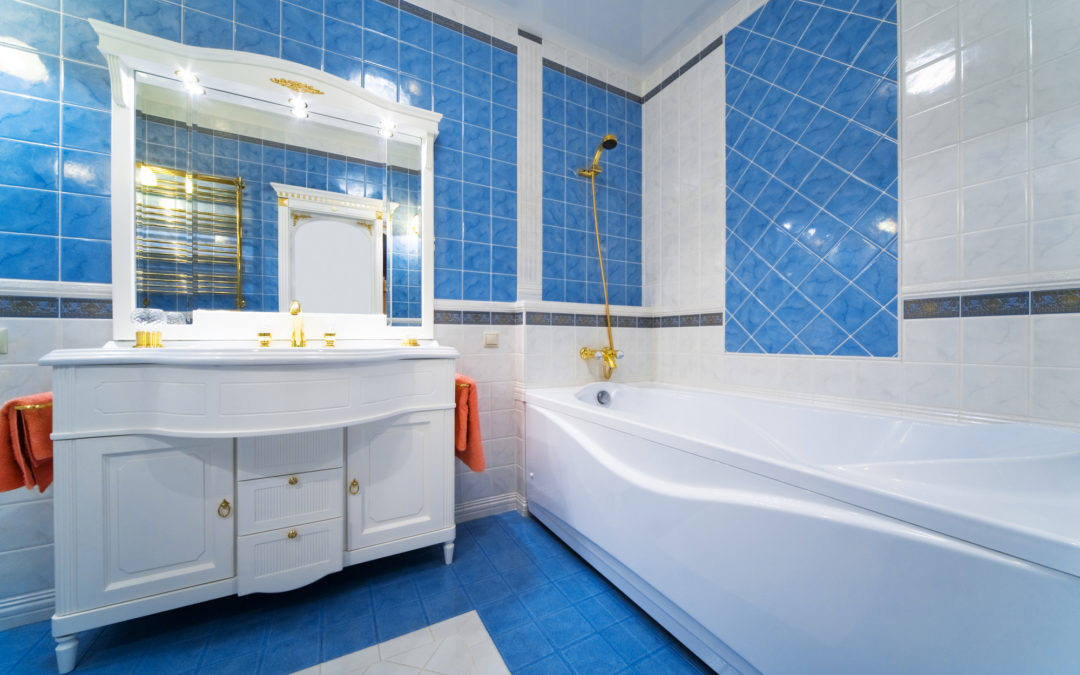
by Brandon | Jul 14, 2023 | News
As the UK continues to face a shortage of skilled workers, a new study has revealed the most in-demand tradespeople. The study, carried out by a leading job search engine, analysed job advertisements over the past year to determine which tradespeople were the most sought after. Among the top occupations were plumbers, electricians, and carpenters.
Of these three, plumbers appeared to be the most in-demand, with nearly 15% of the job ads analysed requesting this specific trade. This is likely due to the fact that plumbing services are an essential component of homeownership, as plumbing issues can cause significant damage if they are not addressed promptly.
Within the plumbing profession, a variety of specialties exist, ranging from general plumbing repair and installation to specialized services such as gas line installation or water heater repair. As such, it can be helpful to understand the nuances of each specialty in order to find the best plumber for a given task.
General Plumbing Repair and Installation
General plumbing repair and installation services include everything from fixing leaky faucets to installing new plumbing fixtures. The most common types of jobs include:
– Faucet and toilet repair and installation
– Showerhead replacement
– Water supply line installation and repair
– Drain cleaning
While these may seem like simple tasks, attempting to complete them without the proper equipment or training can result in costly mistakes and additional damage.
Gas Line Installation and Repair
Gas line installation and repair require specialized skills and equipment due to the potential danger of gas leaks. Services in this area include:
– Gas line installation for appliances such as stovetops and ovens
– Gas line repair for leaks or other damage
– Code compliance inspection and updates
Gas line installation and repair should always be carried out by a licensed professional due to the risk of gas leaks and explosions.
Water Heater Repair and Installation
Water heater repair and installation services are also in high demand, particularly during the cold winter months when hot water is essential. Common services include:
– Water heater repair for leaks or other damage
– Water heater installation for new construction or replacement of an old unit
– Tankless water heater installation and repair
While water heater repair and installation may seem straightforward, complex systems and electrical components mean that only experienced professionals should carry out these tasks.
Conclusion
For homeowners in the UK, finding a skilled plumber can be essential for maintaining the safety and functionality of their homes. With plumbing services among the most in-demand trades in the country, it can be helpful to understand the various specialties in order to find the right professional for the job.
When researching potential plumbers, it’s important to check that they are licensed and bonded, and to read reviews from other customers to get an idea of their professionalism and reliability. Additionally, taking the time to understand the different types of services offered by plumbers and the skills required to complete these tasks can help homeowners make informed decisions when it comes to hiring a professional plumber.
For reliable plumbers in the UK, look no further than Ace Plumbing Repair. Our team of licensed professionals offers a full range of plumbing services, from general plumbing repair and installation to specialized services such as gas line installation and repair and water heater repair and installation. Contact us today at (844) 711-1590 or visit our website at aceplumbingrepair.com to learn more about our services.
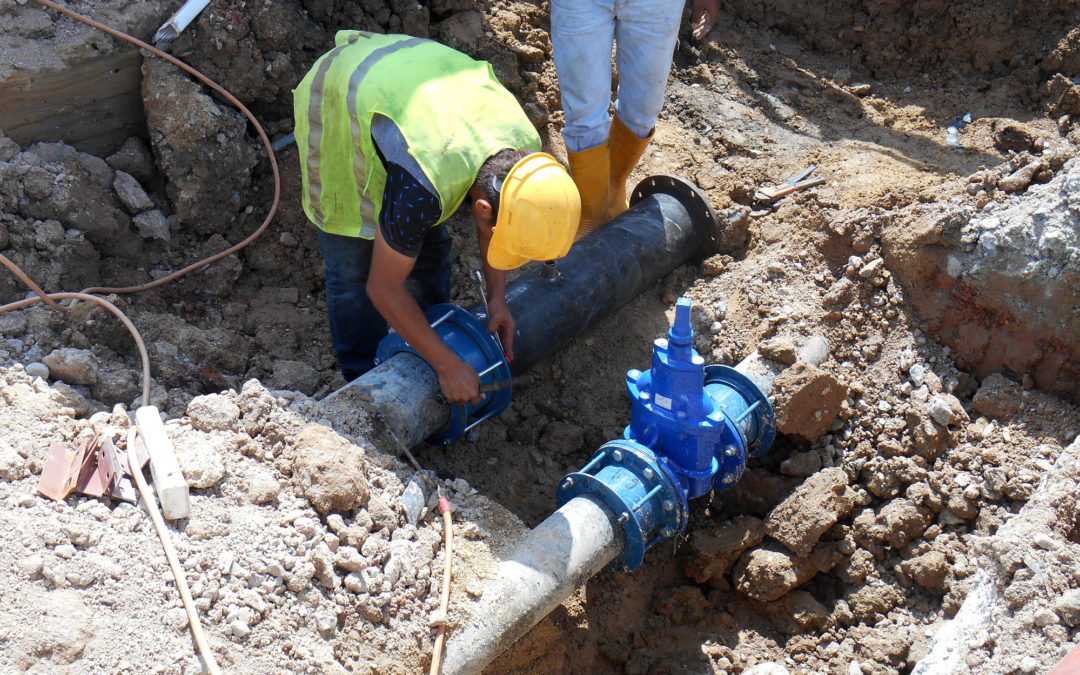
by Brandon | Jul 14, 2023 | News
The world is constantly in search of alternative energy sources that are not only cost-effective but also eco-friendly. The plumbing services industry is no exception as it aims to reduce the carbon footprint produced by traditional energy sources. With that in mind, Liquid Gas UK has ignited calls to capitalise on biofuels as an alternative for traditional energy sources.
For years, the plumbing services industry and homeowners have relied primarily on fossil fuels like natural gas to heat water and power homes. While natural gas is affordable and easy to find, it has a significant carbon footprint due to its extraction, transportation and consumption. It’s also a limited resource that may eventually run out.
Biofuels, on the other hand, are renewable resources that emit less carbon dioxide compared to traditional energy sources. Biofuels are either derived from plant-based materials or animal waste that produces gas when decomposed. The gases produced can be captured, refined and used as alternative energy sources for homes and businesses.
Liquid Gas UK, the trade association representing the LPG industry in the UK, believes that the plumbing services industry must capitalise on biofuels to be eco-friendlier. Biofuels are a cost-effective and sustainable alternative that can help the plumbing services industry as well as homeowners reduce their carbon footprint.
Biofuels are a promising alternative that can power homes in a more sustainable and environmentally friendly way. In this article, we will explore how biofuels can be used in the plumbing services industry and how they can benefit homeowners.
Biofuels for Heating Water
In most homes, the conventional method for heating water is through natural gas, oil or electric water heaters. These traditional methods can be costly and have a significant carbon footprint, which is why the plumbing services industry is looking for alternatives.
Biofuels can be a highly viable alternative for heating water for plumbing services. Biofuels can be used for tankless water heaters, conventional water heaters and other heating systems that use water. Biofuels are also suitable for space heating, which many homeowners use to heat their homes.
Biofuels for Plumbing Services
Aside from heating water, biofuels can be used to power the appliances of a home’s plumbing services system, including stoves, ovens, and boilers. Biofuels can also be used to power generators in case of power outages.
However, converting from traditional energy sources to biofuels can be costly and require significant effort. It may require upgrading, retrofitting and installing new equipment to accommodate biofuels.
The cost of retrofitting a home with biofuels equipment could be offset by grants and subsidies offered by the government. For homeowners who wish to make the transition to biofuels, it is vital to work with an experienced plumbing services company that has knowledge of the technology and equipment required.
The Benefits of Using Biofuels in Plumbing Services
Using biofuels in plumbing services has many benefits. First and foremost, it reduces the amount of carbon in the atmosphere. Biofuels have a smaller carbon footprint compared to traditional energy sources like natural gas. Biofuels also reduce the waste generated in landfills by using animal waste and plant-based materials.
Biofuels are also a sustainable energy source that can be renewed over time. Unlike natural gas and oil, biofuels do not run out, which means that homes using biofuels will always have a source of heating and energy.
Another benefit of using biofuels in plumbing services is that it can be cost-effective in the long term. Biofuels may require an initial investment, but they provide significant cost savings over time, especially when subsidies and grants are considered.
Conclusion
Liquid Gas UK’s proposal for the plumbing services industry to capitalise on biofuels has great potential. Biofuels are a renewable energy source that can help reduce the carbon footprint in the plumbing services industry and homes. They are also a cost-effective alternative for heating water and powering appliances. While the switch to biofuels may be expensive and require significant effort, the benefits in the long-term make the investment worthwhile.
For homeowners considering the transition to biofuels, it’s essential to work with a professional and experienced plumbing services company. At Ace Plumbing Repair, we offer a range of services, including retrofitting homes with biofuels equipment and installing and maintaining biofuels appliances. Contact us today at (844) 711-1590 to learn more about our services.
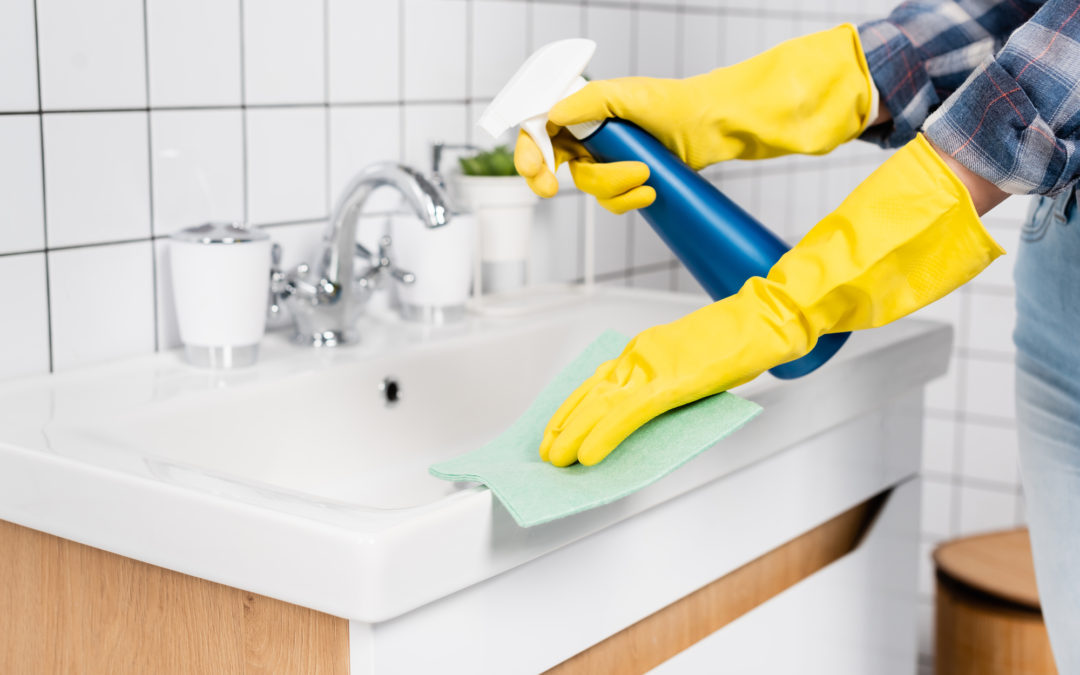
by Brandon | Jul 14, 2023 | News
As climate change becomes an increasingly pressing issue, more homeowners are looking for ways to reduce their environmental impact and make their homes more sustainable. One approach that has gained popularity in recent years is the use of sustainable plumbing practices. In this article, we will explore the benefits of sustainable plumbing practices and how they can be implemented in your home.
The Living Lab
The Living Lab is an innovative project that has been launched in several cities across the United States. The goal of the project is to create sustainable communities that incorporate green technologies and practices into their buildings and infrastructure. As part of this project, over 2,000 homes have been retrofitted with sustainable plumbing practices, including low-flow toilets, efficient faucets, and rainwater harvesting systems.
Benefits of Sustainable Plumbing Practices
Implementing sustainable plumbing practices in your home can offer a number of benefits, both environmental and economic. Here are some of the key benefits to consider:
1. Water Conservation
One of the most significant benefits of sustainable plumbing practices is water conservation. In the United States, an average family of four uses approximately 400 gallons of water per day. By installing low-flow toilets, showerheads and faucets, you can reduce your water consumption by up to 60%.
2. Energy Savings
Sustainable plumbing practices can also result in significant energy savings. By using less water, you can reduce the amount of energy needed to heat that water. Additionally, rainwater harvesting systems can be used to collect and recycle water for use in non-potable applications, such as irrigation and laundry.
3. Cost Savings
Sustainable plumbing practices can also help homeowners save money on their utility bills. By using less water, you can reduce your monthly water bill. Additionally, installing low-flow fixtures and efficient appliances can help reduce your energy bill.
Implementing Sustainable Plumbing Practices at Home
If you are interested in implementing sustainable plumbing practices in your home, there are several steps you can take. Here are some tips to get started:
1. Install Low-Flow Toilets: Low-flow toilets use significantly less water than traditional toilets, making them an excellent choice for homeowners looking to reduce water usage.
2. Upgrade Your Faucets and Showerheads: Replacing your old faucets and showerheads with low-flow models can help reduce water usage by up to 50%.
3. Invest in a Rainwater Harvesting System: A rainwater harvesting system can be an excellent choice for homeowners looking to reduce water usage and save money on their utility bills. These systems collect rainwater and store it for non-potable applications.
4. Consider a Tankless Water Heater: Tankless water heaters are more energy-efficient than traditional models, as they only heat water as it is needed. This can result in significant energy savings over time.
Conclusion
As more and more homeowners become aware of the environmental and economic benefits of sustainable plumbing practices, the demand for these solutions will continue to grow. With the help of innovative programs like the Living Lab, sustainable plumbing practices are becoming more accessible and affordable for homeowners across the country. By implementing these practices in your own home, you can reduce your environmental impact, save money on your utility bills, and create a more sustainable future for generations to come. For more information on sustainable plumbing practices, visit aceplumbingrepair.com or call (844) 711-1590 to speak with our plumbing experts today.
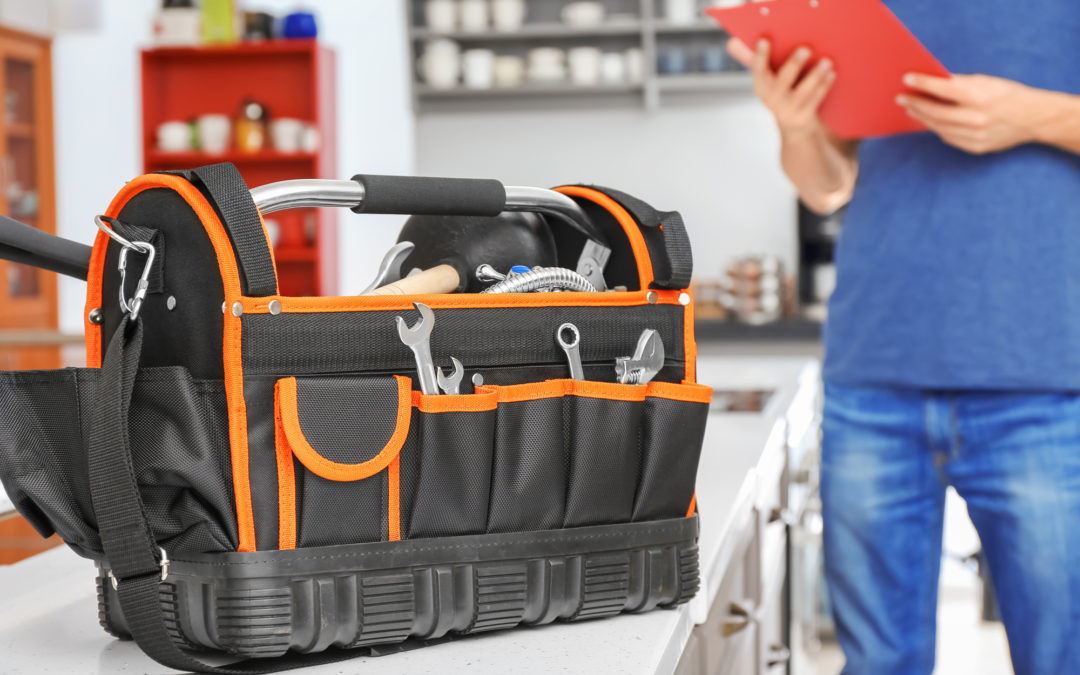
by Brandon | Jul 14, 2023 | News
In recent years, environmental concerns have become increasingly important in the HVAC and refrigeration industry. From energy efficiency to reducing the carbon footprint, manufacturers are working to comply with various regulations and certifications. Eurovent Certita Certification is one of the leading organizations in this area, providing support and guidance to manufacturers in meeting environmental standards.
In their latest white paper, Eurovent Certita Certification focuses on sustainable HVAC solutions, specifically in the area of heat pumps. A heat pump is an alternative to traditional heating and cooling systems, using less energy and producing fewer emissions. In this white paper, Eurovent Certita Certification discusses the importance of heat pumps in reducing the carbon footprint of commercial and residential buildings.
The white paper covers several topics, including:
– The different types of heat pumps available and their benefits
– The importance of proper installation and maintenance
– The role of heat pumps in reducing greenhouse gas emissions and energy consumption
– The certifications and regulations for heat pumps
The importance of proper installation and maintenance is stressed in the white paper. A poorly installed or maintained heat pump can result in reduced efficiency and higher energy consumption. In addition, regular maintenance is necessary to ensure the longevity of the heat pump and prevent costly repairs.
The white paper also highlights the role of heat pumps in reducing greenhouse gas emissions and energy consumption. According to Eurovent Certita Certification, heat pumps are the most energy-efficient way to heat and cool a building, with up to 75% less energy consumption compared to traditional systems. This translates to lower energy bills and a smaller carbon footprint.
In terms of certifications and regulations, Eurovent Certita Certification provides guidance to manufacturers in meeting various standards. For example, the Europe-wide Ecodesign Regulation ensures that products sold in the EU meet certain environmental standards. Similarly, the Energy Labelling Regulation requires products to display their energy efficiency rating, making it easier for consumers to make informed choices.
Conclusion
Eurovent Certita Certification’s latest white paper highlights the importance of sustainable HVAC solutions, specifically in the area of heat pumps. As the industry continues to focus on energy efficiency and reducing the carbon footprint, heat pumps are becoming increasingly popular. Proper installation and maintenance are crucial for maximizing the efficiency and longevity of heat pumps.
If you’re looking to reduce your energy bills and carbon footprint, consider investing in a heat pump. And if you’re in need of installation or maintenance services, give the plumbing experts at Ace Plumbing a call at (844) 711-1590.






